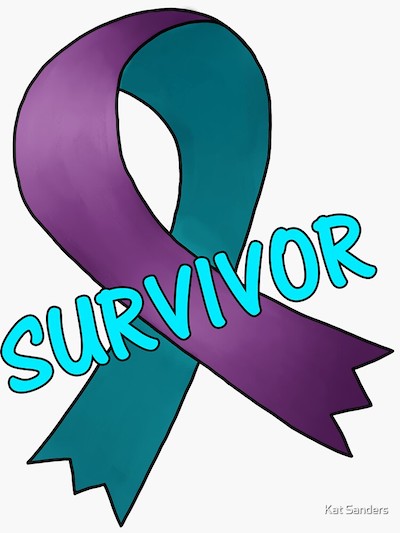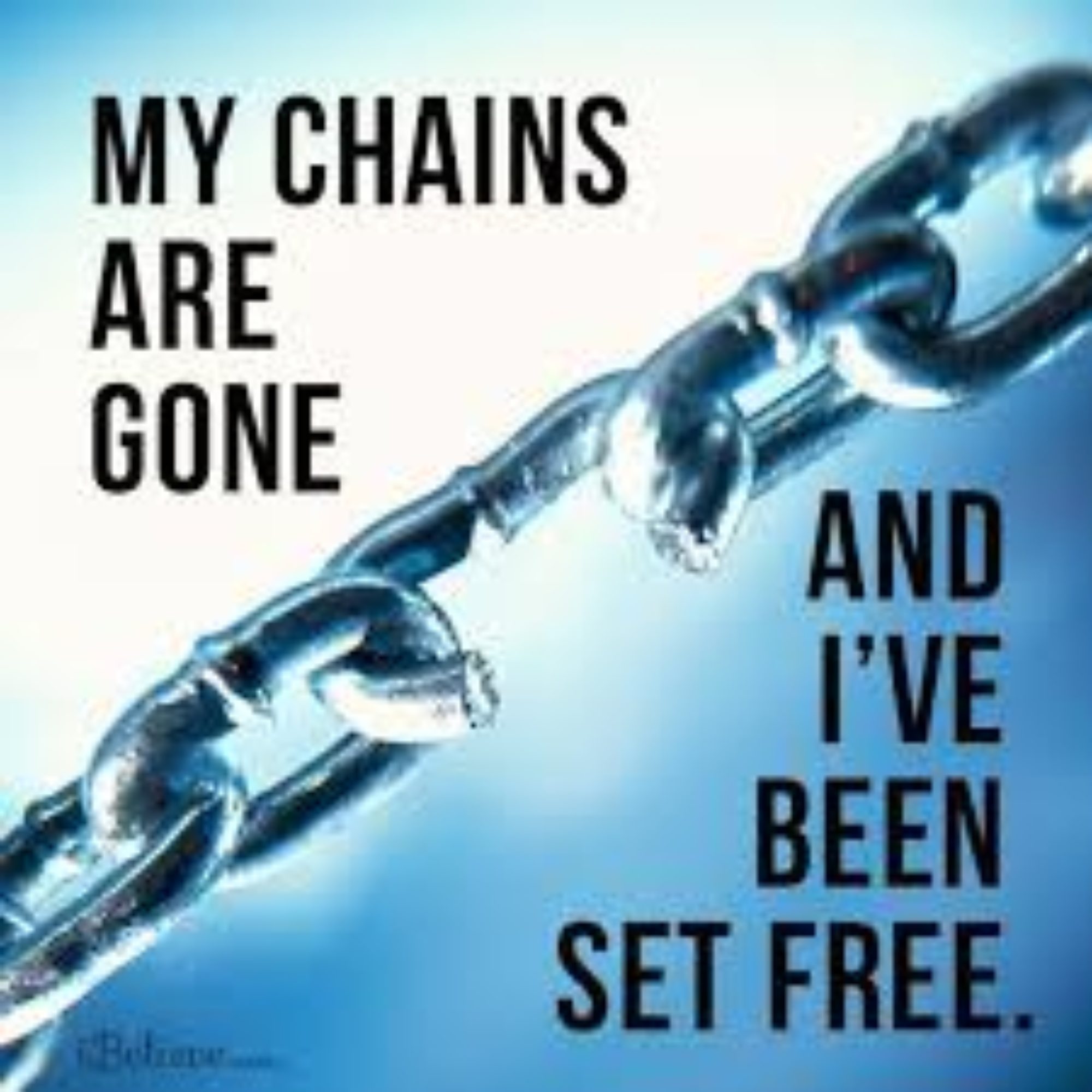Learning from New York’s Domestic Violence Survivors Justice Act
From The Sentencing Project:
Despite the criminal legal system’s purported goal of securing justice for crime victims, survivors of domestic violence and trafficking are instead often arrested, prosecuted, and imprisoned. A report released today by The Sentencing Project and the Survivors Justice Project offers guidance to states on creating a more trauma-informed approach to sentencing practices for survivors of intimate partner violence, family abuse, and trafficking.
Domestic abuse and human trafficking can lead survivors into the criminal legal system in several ways:

Victimization can result in loss of housing, income, and other instability – all of which push individuals into committing crimes to meet basic survival needs.
Survivors may also be criminalized for defending themselves or others, or be coerced into crime.
Coping with the effects of trauma can also lead to substance use and arrest. Once in the criminal legal system, survivors have few opportunities for relief.
Sentencing Reform for Criminalized Survivors highlights lessons learned from passage of New York’s 2019 Domestic Violence Survivors Justice Act (DVSJA) and offers model legislation for other states to follow. New York’s law created opportunities for survivors to receive a shorter sentence at their original sentencing hearing and, for those already incarcerated, provided an opportunity for resentencing. Thus far, 35 women, 4 men and 1 non-binary person have received retroactive sentencing relief under the law; 80% are people of color.
A growing number of states are considering similar bills. For example, the bipartisan Oklahoma Domestic Violence Survivorship Justice Act, which would allow courts to have more discretion when sentencing survivors for crimes where domestic abuse played a significant factor and provide opportunities for survivors to be resentenced, is headed for a state senate vote later this month after passing unanimously in the House of Representatives. According to a 2014 study of incarcerated Oklahoma mothers, over 65% of the women reported abuse from their intimate partner in the year prior to their incarceration.
The report also highlights the experiences of individuals who have applied for DVSJA relief in New York, as well as individuals who would benefit from similar laws being enacted in their respective states.
Confronting the many drivers of criminalization is essential for justice. A fair and proportional criminal legal system should account for the multitude of factors that led to an offense, including abuse.


